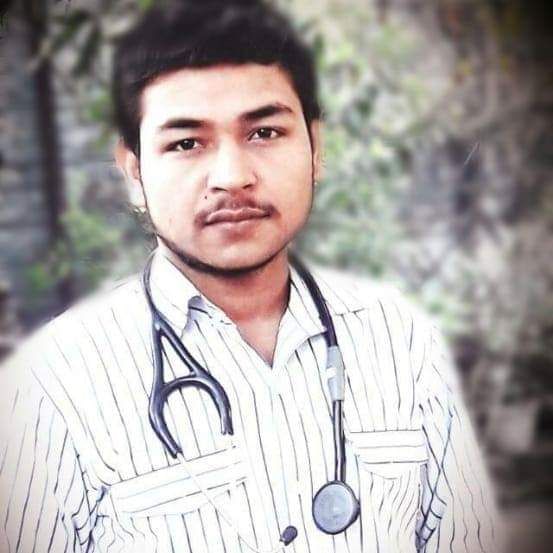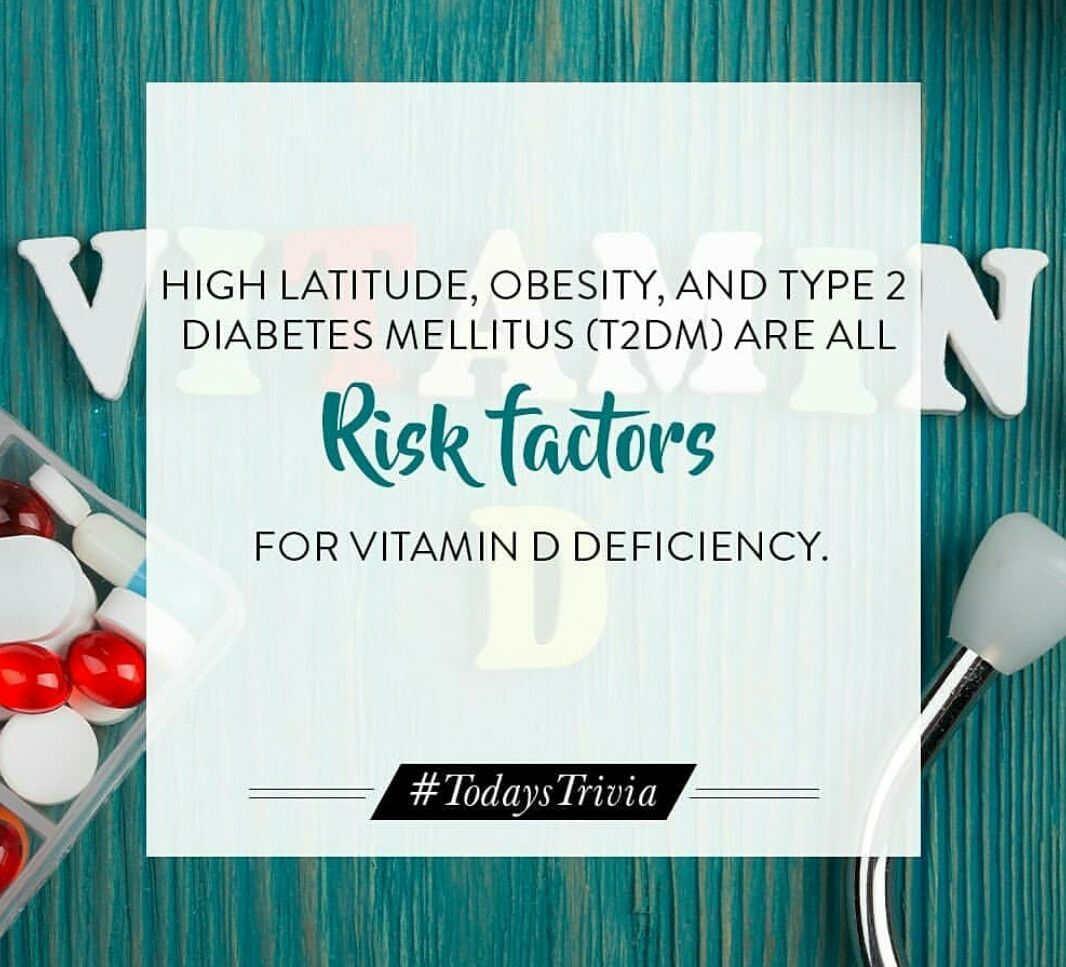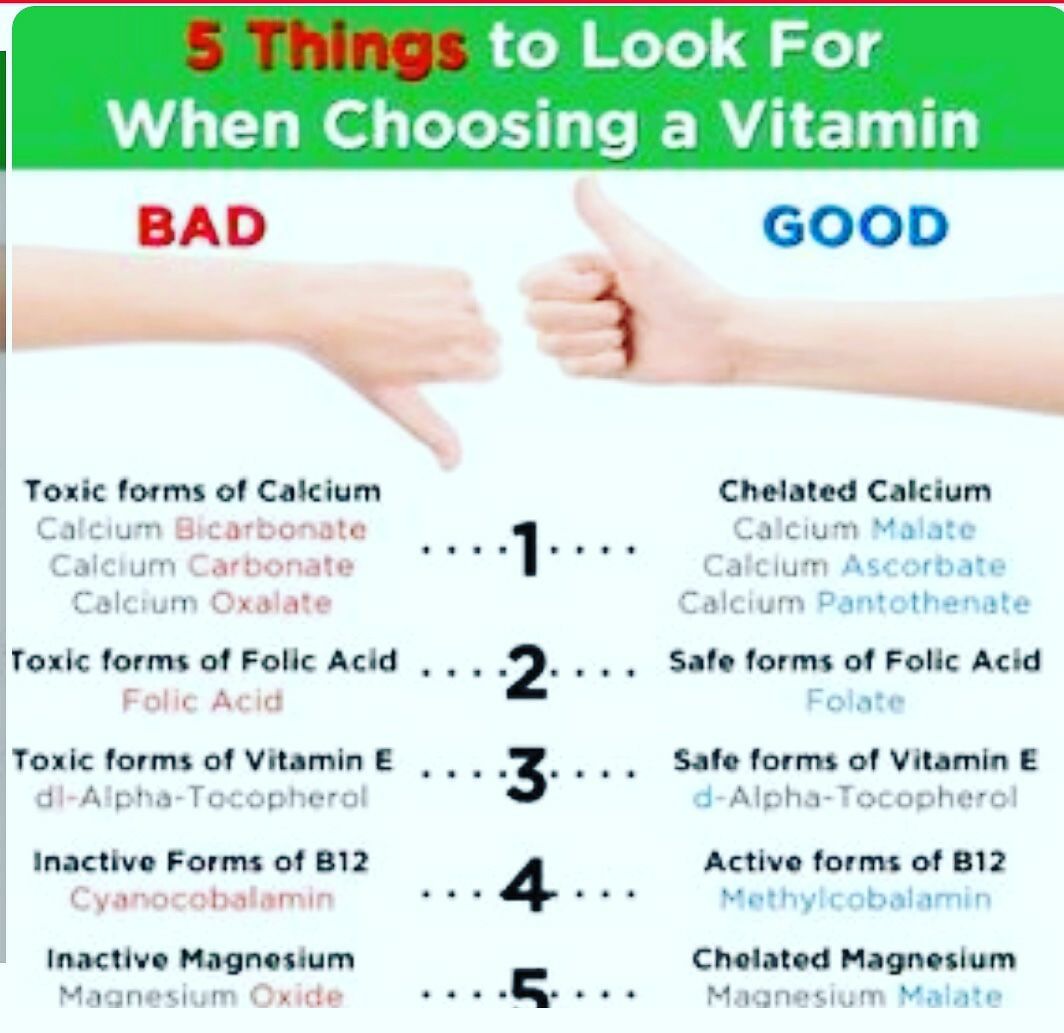Get the App
For Doctors
Login/Sign-up
About
Health Feed
Find Doctors
Health Packages
AllQ&AsTipsQuizzes
Vitamin Deficiency Tips
Last Updated: 3 years ago• Featured Tip
Share
Bookmark
Report
1. Dr. Subhash tiwari
Https://www. Lybrate. Com/akola/doctor/dr-subhash-tiwari-general-physician
Pgd maternal child health, mbbs, general physician, akola
47 years experience 150 at clinic 200 online
He really is in the medical community for his work as a family doctor. As a doctor, he has extensive training and experience in a wide range of areas. After earning his mbbs from government medical college, nagpur in 1975, he completed a postgraduate diplom...more
Https://www. Lybrate. Com/akola/doctor/dr-subhash-tiwari-general-physician
Pgd maternal child health, mbbs, general physician, akola
47 years experience 150 at clinic 200 online
He really is in the medical community for his work as a family doctor. As a doctor, he has extensive training and experience in a wide range of areas. After earning his mbbs from government medical college, nagpur in 1975, he completed a postgraduate diplom...more
8 people found this helpful
Last Updated: 3 years ago• Featured Tip
Share
Bookmark
Report
1. Dr. Shivram bhonagiri
Https://www. Lybrate. Com/pune/doctor/dr-shivram-bhonagiri-general-physician
Mbbs, md - internal medicine, general physician, pune
39 years experience 400 - 500 at clinic
Doctor shivram has been practising medicine for the past 39 years as a general practitioner and has helped a great number of patients who suffered from severe and complicated conditions. He received his prestigious education in the form of an undergraduate degree...more
Https://www. Lybrate. Com/pune/doctor/dr-shivram-bhonagiri-general-physician
Mbbs, md - internal medicine, general physician, pune
39 years experience 400 - 500 at clinic
Doctor shivram has been practising medicine for the past 39 years as a general practitioner and has helped a great number of patients who suffered from severe and complicated conditions. He received his prestigious education in the form of an undergraduate degree...more
Last Updated: 5 years ago• Featured Tip
Share
Bookmark
Report
BSc, BHMS-Bachelor of Homoeopathic Medic...read more
Homeopathy Doctor•Lucknow
A deficiency of vitamin a may lead to dry and itchy scalp which leads to loss of hair. Hence natural food that prevents excessive loss of hairs are eggs and dairy products: milk, yogurt, cheese, eggs etc. Are loaded with essential nutrients such as proteins, vitamin b12, iron, zinc and omega 6 fatty acids. Dairy products are also a great source of biotin (vitamin b7) that is known to fight hair loss.
Last Updated: 5 years ago• Featured Tip
Share
Bookmark
Report
The question, "are vitamins vital" is, in fact, a rhetorical question, one that answers for itself. Vitamins are organic compounds and important nutrients which are required by human beings in appropriate quantities. They provide a host of benefits, affecting metabolism, digestion, as well as immunity and, are imperative for the existence and survival of human beings. Few reasons that establish their importance are-
1. Digestive system
The digestive system, like the rest of the body...more
1. Digestive system
The digestive system, like the rest of the body...more
Last Updated: 6 years ago• Featured Tip
Share
Bookmark
Report
MSc - Food and Applied Nutrition, Post G...read more
Dietitian/Nutritionist•Ludhiana
Vitamins are literally translated to vita and amins, which are important ingredients for overall good health. They are required in minor quantities and are therefore part of the list of micronutrients. Vitamin H is actually a part of the vitamin B complex and is also the vitamin B7. It is known as vitamin H given the German word for Haar and Haut, which stands for hair and skin. In fact, this vitamin is most beneficial for the good health of hair and skin. Read on to know more about its function...more
Last Updated: 6 years ago• Featured Tip
Share
Bookmark
Report
M.Sc. in Dietetics and Food Service Mana...read more
Dietitian/Nutritionist•Mumbai
Last Updated: 6 years ago• Featured Tip
Share
Bookmark
Report
If you are constantly getting sick, feeling tired without reason, or are prone to bone fractures, then it is the proper time to check the amount of vitamin D in your body. If you have vitamin D less than 30 nanograms per deciliter, then it shows that your body lacks vitamin D. Here are the eight symptoms of vitamin D deficiency that you should not ignore
You always feel tired: You may eat healthy diet, follow a healthy lifestyle, or have a good night sleep, but you still feel tired at a...more
You always feel tired: You may eat healthy diet, follow a healthy lifestyle, or have a good night sleep, but you still feel tired at a...more
Last Updated: 6 years ago• Featured Tip
Share
Bookmark
Report
M.Sc. in Dietetics and Food Service Mana...read more
Dietitian/Nutritionist•Mumbai
Last Updated: 6 years ago• Featured Tip
Share
Bookmark
Report
MSC in Food & Nutrition, PHD- Food & Nut...read more
Dietitian/Nutritionist•Udaipur
Vitamin C is one of the most important nutrients which play an absolutely pivotal role in protecting your body from a number of diseases and disorders, such as flu and colds. Additionally, it helps in boosting the body's calcium-synthesis abilities, in rebuilding of damaged blood vessels and bones as well as tissue repair and boosting of overall immunity of the body. It is an essential part of the diet and should not be overlooked in any case.
Some of the major fruits which are a rich...more
Some of the major fruits which are a rich...more
Last Updated: 6 years ago• Featured Tip
Share
Bookmark
Report
BSc - Dietitics / Nutrition, P.G.In Diet...read more
Dietitian/Nutritionist•Mumbai
If you are feeling lethargic or lazy, it s time that you get a sufficient amount of vitamin B12 in your regular diet. Vitamins are wonderful gifts of nature to keep your organs and body healthy and active. Your brain stops functioning properly in case of vitamin B12 deficiency. Not just that, it has a wide range of health benefits. It keeps you moving and energetic in life. In fact, for a healthy life, you must make it an indispensable part of your existence. Most of us often forget to take a vi...more
Book appointment with top doctors for Vitamin Deficiency treatment
View fees, clinic timings and reviews
Ask a free question
Get FREE multiple opinions from Doctors
posted anonymously


















